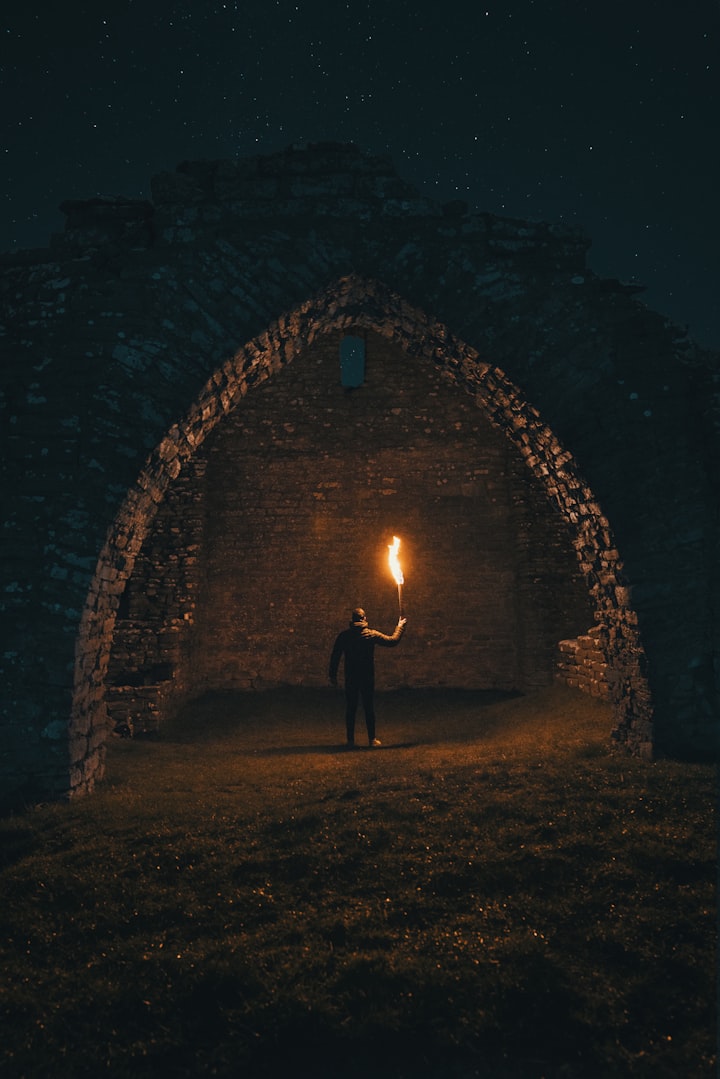
The Boston Tea Party was a pivot point in American History; it was due to a set of events between the British and Americans, which ended up leading to the American Revolution and eventually to the Treaty of Paris declaring America its freedom. The reason that the act was committed was, due to the fact, that the English had proclaimed a monopoly on tea and was taxing it through the British East India Company.
This forced Americans to start smuggling tea from other European markets; however, due to the risks of smuggling and the costs, American teas were more expensive than buying them from the British. John Adams and Samuel Adams, both smugglers at the time, decided to fight the Tea Act and sold the idea to the Sons of Liberty that it was against human rights, and they were being taxed without representation. This idea, along with the Boston Massacre that occurred a couple of years earlier, led to the political protest against tea. On December 16, 1773, Americans' first act of defiance happened. They dumped the tea into the harbor of Boston, Massachusetts causing the thirteen colonies to band together and sparked the flame that led to the United States of America. However, what were the other causes of the Boston Tea Party, and what happened with the second and third-order effects of that day.
According to the Boston Tea Party Museum, "This was the first organized act of rebellion against British rule. The Sons of Liberty were incredibly careful about planning and executing the Boston Tea Party. (Hewes, 2018)" It was also an act of defiance that caused no violence between the British Soldiers or the Patriots; most of the active members fled Boston right after. Only one person by the name of Francis Akeley was caught and imprisoned. He just happened to be a Mohawk Indian, which aided that the Patriots were trying to make it seem as if Indians made the attack. The Patriots took the time to make Indian outfits for the event, and only the most well-informed wore the outfits; some believe it was used as a symbol. According to the Boston Tea Party Historical Society, "The Indian character can then be traced in the early engravings made by patriots to symbolize the oppressed colonies. (Boston Tea Party Historical Society, 2008)" This could mean that the only reason that one individual was arrested was symbolic and to prove the oppression of the colonies.
Another effect of dumping the tea into the harbor was just like an oil spill incident of today. There were about 92,000 pounds of tea left in the harbor. The tea chests had opened and poured tea all over the harbor to prevent people from coming out and trying to save the tea to sell or keep for their use. The Sons of Liberty would go out into the harbor and beat the tea down with their oars in hopes that it would sink; there is no account of the East Indian Tea Company aiding in making sure that the tea was destroyed. George Hewes, a militiaman and one of the last survivors of the American Revolution who had participated in all the protests, including the Boston Massacre, wrote in his journal,
"The next morning, after we had cleared the ships of the tea, it was discovered that very considerable quantities of it were floating upon the surface of the water; and to prevent the possibility of any of its being saved for use, a number of small boats were manned by sailors and citizens, who rowed them into those parts of the harbor wherever the tea was visible, and by beating it with oars and paddles so thoroughly drenched it as to render its entire destruction inevitable. (Hewes, 2018)"
This showed that the Americans had been the ones to do the act and aids in the symbolism of the Indian being the one to be arrested. News of the event had reached London, and the British shut down the harbor and refused to reopen it till the tea was paid for. The British also implemented the Intolerable Acts, in which King George III stated, "The die is now cast. The Colonies must either submit or triumph. (Boston Tea Party Ships & Museum, 2018)" King George's plan, however, backfired, and the American colonists united and created the First Continental Congress. This helped lead to the American Revolution in Massachusetts in April 1775.
The Boston Tea Party also had significant effects on the monopolies and the British East India Tea Company. They had already been struggling as a business. Since it was a huge economy for England, they had put the monopoly over tea with the Tea Act. Once the world had seen how America had defiled the Tea Act, the rest of the world became too reacted. Also, America had seen a disaster for companies to have monopolies, so they had the House of Representatives passed the Sherman Antitrust Act on July 2, 1890. However, a century later, it was based on the effects of the Tea Act that England had passed. This had shown the world that they could act independently, and in 1930, Gandhi rose against Britain for taxing salt; However, it was just through acts of civil disobedience it was based on the ideas of The Boston Tea Party. According to Pletcher, a historian from the history channel, "Defying the Salt, Gandhi reasoned, would be an ingeniously simple way for many Indians to break a British law nonviolently. (Pletcher, 1994)" It worked. The Salt March wasn't as much of a Revolution for India as the Tea Party was for the United States. Still, it allowed India to gain its independence from the British.
The Boston Tea Party is well known for sparking and being the pivot point in America History that bred the United States. Still, its effects were far from just that. We have our teas, the reasons we banded together and showed that we are true patriots, or how we can also come together and work on natural disasters, even if it's ones that we create. The Tea Party showed how monopolies were a bad idea and why we shouldn't have them. It showed the world that someone was willing to stand up for their beliefs and freedom. If they could get out from under the British thumb, then others could stand up for their rights, and it showed the world that freedom from trade and taxes could be attained. Just remember that the next time a pot of tea whistles from the kettle and raise a glass in remembrance of King George, just don't forget the biscuits.
References
Boston Tea Party Historical Society. (2008). Mohawk was Emerging as a Symbol of Liberty in the New Land. Retrieved from Boston Tea Party: http://www.boston-tea-party.org/mohawks.html
Boston Tea Party Ships & Museum. (2018, November 10). The Intolerable Acts. Retrieved from Boston Tea Party A Revolutionary Experience: https://www.bostonteapartyship.com/the-intolerable-acts
Hewes, G. (2018, November 10). The Aftermath. Retrieved from Boston Tea Party A Revolutionary Experience: https://www.bostonteapartyship.com/the-aftermath
Pletcher, K. (1994). History. Retrieved from History: https://www.history.com/topics/india/salt-march
About the Creator
The Clarkbar84
My mind has stories forming all the time; My works are scattered within real life.
Kindle Stories: https://www.amazon.com/author/hunteralex
Kindle Vella: https://www.amazon.com/kindle-vella/story/B0BPRJVCV8






Comments
There are no comments for this story
Be the first to respond and start the conversation.